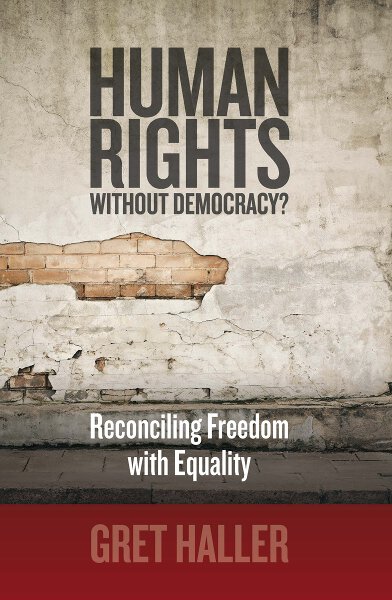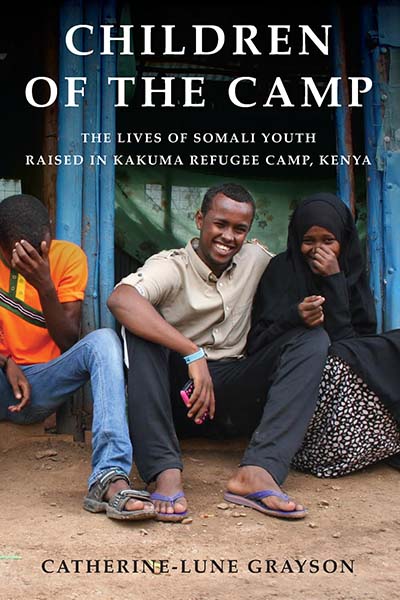
In Human Rights Without Democracy?, published in an English translation by Berghahn Books in December 2012, Swiss politician, diplomat, and human rights activist Gret Haller interrogates why human rights are defined in a certain manner internationally.
_________________________
Do Human Rights really reflect the interests of the people? Can citizens in a democracy decide what human rights are? Or do we leave it up to experts and the courts to define human rights? I believe that human rights are something that the people of any given society should be able to establish democratically. Human rights are the outcome of a struggle to right what has gone wrong. To explain my view, I sketch the history of the concept of human rights that must be seen as separate from the historical development of factual rights. One of the many insights that emerge is that there is a significant difference in how human rights are understood in the United States of America on the one hand and in Great Britain and Continental Europe on the other.
I take a look at theory from John Locke to Immanuel Kant to explain why, from a philosophical point of view, liberty and equality need not be mutually exclusive. We need freedom and equality for all. The end of the Cold War gives us a new opportunity to see how equality can be constitutive of freedom. The West has not yet seized this opportunity. Instead, we let self-appointed experts drawing on individual court rulings prescribe human rights for us. Taken to ever higher courts that eventually revise political decisions, we end up with citizens that are discouraged from participating in the democratic shaping of political will.
Gret Haller
Continue reading “Juridical Human Rights – An Excerpt from Gret Haller’s Human Rights Without Democracy?” →
 CHILDREN OF THE CAMP
CHILDREN OF THE CAMP
